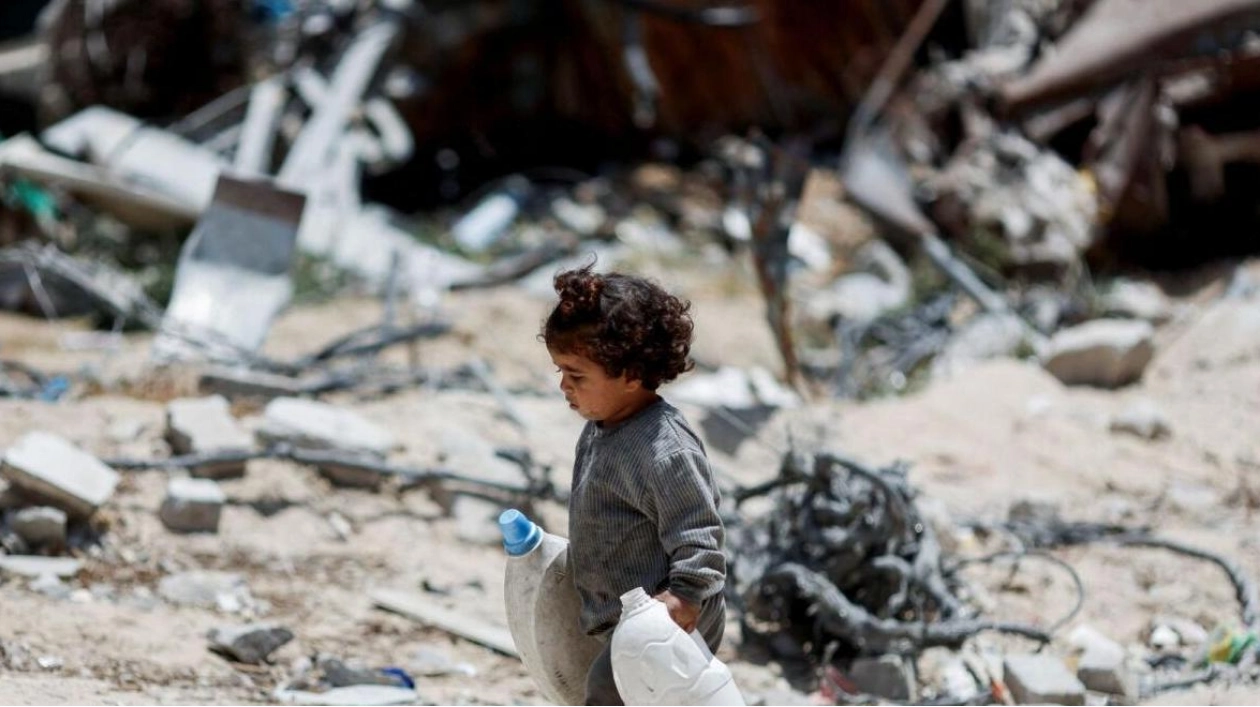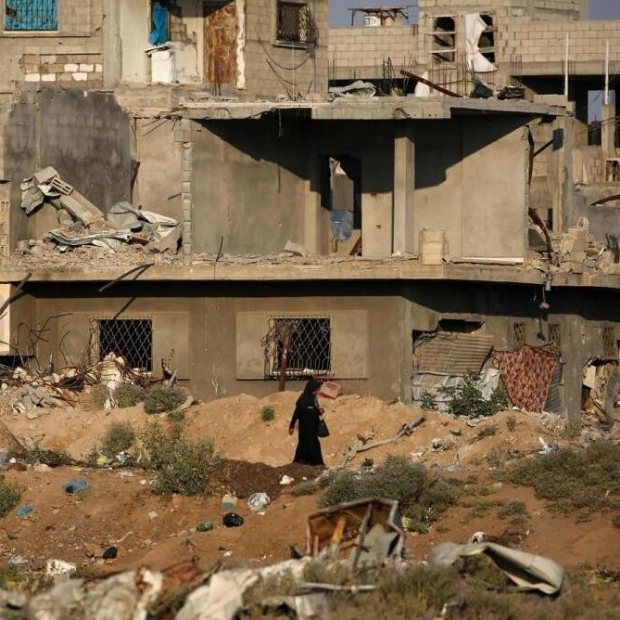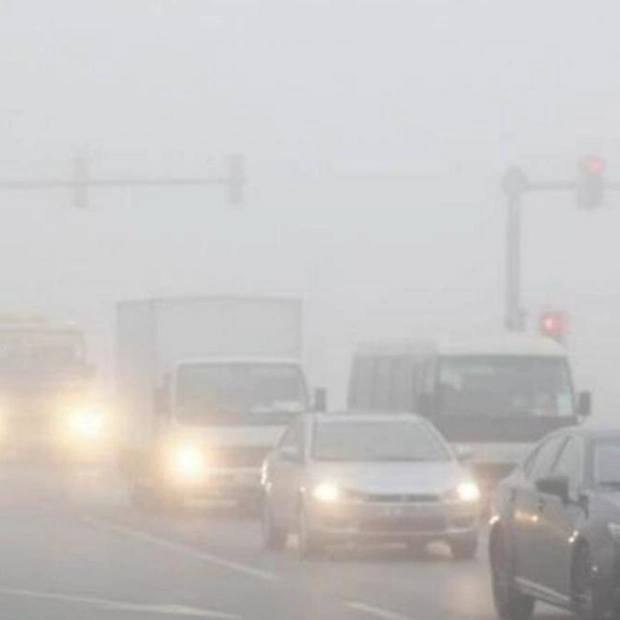A World Health Organisation spokesperson stated on Tuesday that it is highly probable that polio has affected individuals in the Gaza Strip, marking a reversal in the worldwide campaign to eliminate the disease. The Gaza health ministry announced a polio outbreak across the Palestinian territory on Monday following the discovery of virus samples in sewage, although no human cases have been reported. According to the WHO, polio is currently endemic only in Pakistan and Afghanistan, with over 30 countries, including neighboring Egypt and Israel, still experiencing outbreaks. The WHO's Christian Lindmeier highlighted during a UN press briefing that infections likely already occurred in Gaza, but identifying cases is challenging due to the majority of polio cases being asymptomatic.
Lindmeier emphasized that the presence of vaccine-derived polio virus in sewage strongly suggests its circulation among the population, posing a risk of further spread and a significant setback for global eradication efforts. An investigation and risk assessment are currently underway in Gaza. Poliomyelitis, primarily transmitted through the fecal-oral route, is a highly contagious virus that can lead to paralysis and death, particularly in young children. Thanks to widespread vaccination campaigns since 1988, global polio cases have decreased by 99 percent, with ongoing efforts to completely eradicate the disease.
The WHO has dispatched over one million vaccines to Gaza to protect children from infection. Israel's military, engaged in conflict with Hamas in Gaza following the group's cross-border attacks in October, announced it would begin administering polio vaccinations to its troops. James Elder, a spokesperson for the UN children's agency, expressed concerns about the decline in polio vaccination rates from 99 percent to 89 percent over nine months of conflict, citing challenges in delivering vaccines due to humanitarian access constraints. The mass displacement, destruction of health infrastructure, and an insecure operating environment are expected to significantly hinder vaccination efforts, thereby increasing the risk for children.
Israel, which controls the entry of goods into Gaza and oversees security clearance for aid convoys, attributes delays in aid to UN inefficiencies. The Gaza health ministry reports over 39,000 fatalities from Israel's military operations, with humanitarian workers suggesting the actual death toll, including those from diseases, is likely higher, considering the high incidence of Hepatitis A, dysentery, and other diseases among the displaced population.






